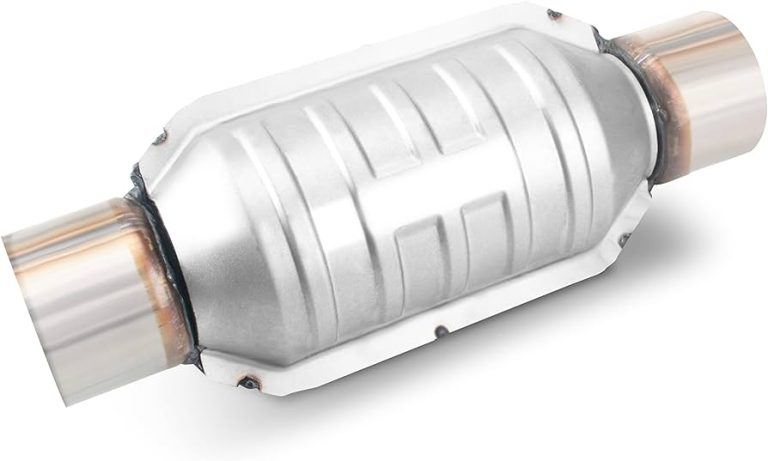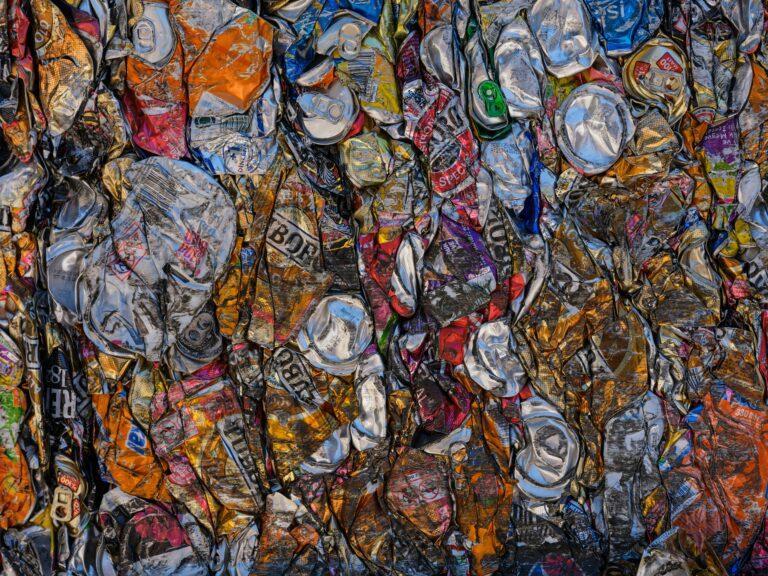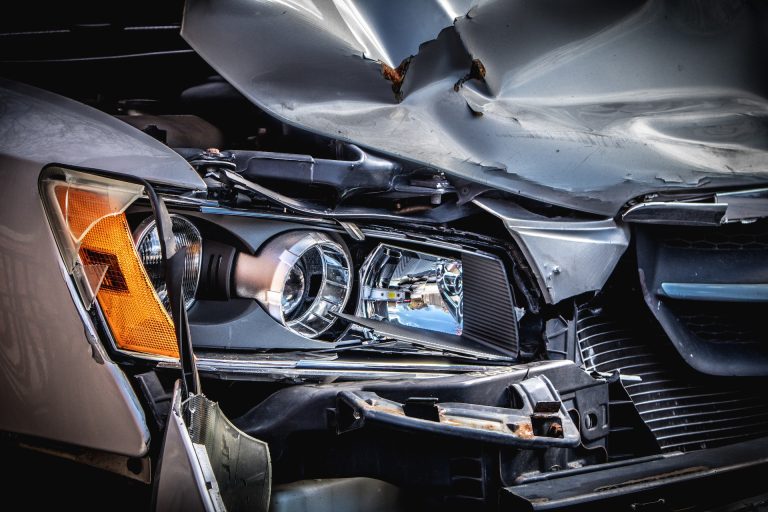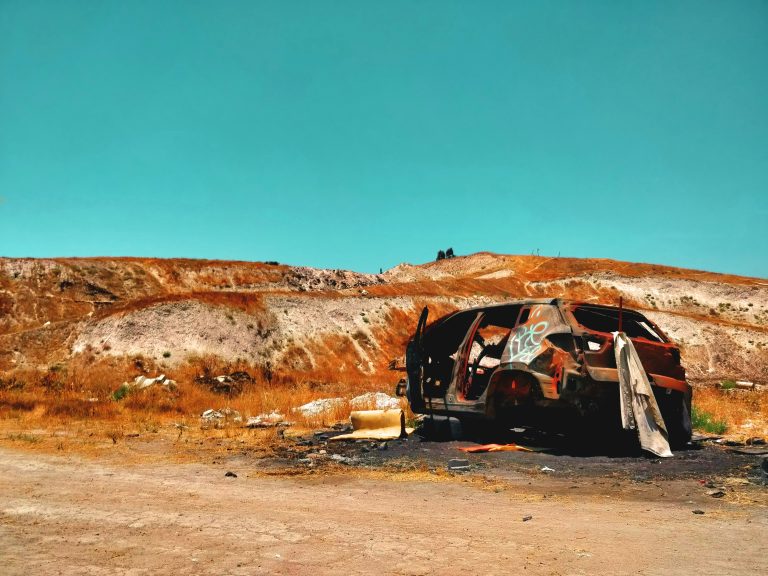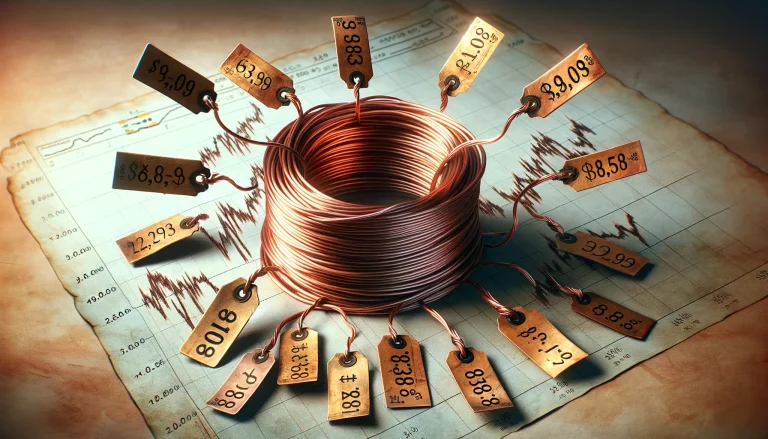Scrapping Lead Batteries – Recycling & Prices
Lead car battery scrap recycling is an important industry in Australia, providing significant environmental benefits and offering financial returns for those involved in the process.
As of 2024, the market for recycling lead-acid batteries is well-established, driven by the high demand for reclaimed lead and other materials. This article looks into the essentials of lead car battery scrap recycling, the components of these batteries, the environmental impact of improper disposal, and how to maximize returns from scrap battery prices.
| Battery Type | Price Range (AUD) | Description |
|---|---|---|
| Lead Car Battery Scrap | 5 – 15 | Standard price range for used lead-acid car batteries. |
| Truck Battery Scrap | 15 – 30 | Larger batteries with more lead content, yielding higher prices. |
| Industrial Battery Scrap | 20 – 50 | Includes storage batteries from forklifts, machinery, etc. |
| Motorcycle Battery Scrap | 2 – 7 | Smaller batteries with less lead content. |
Introduction to Lead Car Battery Scrap
Lead car battery scrap refers to used lead-acid batteries that are no longer functional for vehicles but hold considerable value due to the recoverable materials they contain. These batteries are composed primarily of lead, sulphuric acid, and plastic, making them a significant source of scrap metal.
Recycling these scrap batteries not only prevents environmental contamination but also provides a sustainable source of lead and other metals.
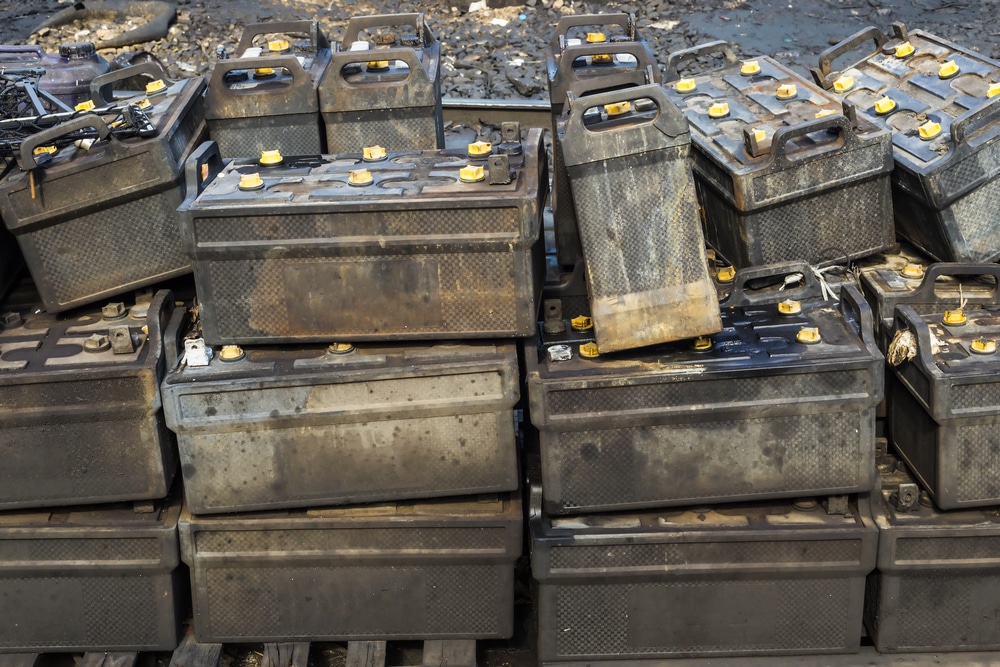
Image source: https://www.metalmenrecycling.com.au/wp-content/uploads/2020/02/Lead-Acid-Batteries-Piled-up.jpg
The Composition of Lead Car Batteries
Lead-acid batteries typically contain 60-80% lead by weight, along with sulphuric acid and polypropylene. The lead in these batteries is a valuable resource, making car batteries a high-priority item in the scrap metal industry.
The acid can be neutralised and treated, while the plastic casing can be recycled into new products. Storage batteries like these also contain small amounts of scrap copper and other metals, contributing to their overall value.
Environmental Impact of Improper Disposal
Improper disposal of lead batteries poses significant environmental risks. Sulphuric acid can leak into the ground, contaminating soil and water supplies, while lead and other toxic materials can lead to severe health issues. In Australia, strict regulations govern the disposal and recycling of used batteries to mitigate these risks. Recycling ensures that the lead, acid, and plastic components are safely handled, reducing the potential for environmental damage.
The Process of Recycling Lead Car Batteries
The recycling process for lead car batteries involves several stages:
- Collection and Sorting: Scrap batteries are collected from various sources, including auto repair shops, junkyards, and recycling centers.
- Battery Dismantling: The batteries are then dismantled to separate the lead, acid, and plastic components.
- Smelting: The lead is melted down and purified for reuse, while the acid is neutralized.
- Plastic Recycling: The plastic casing is shredded and cleaned before being repurposed into new metal products.
This process is essential for recovering valuable metals and ensuring that scrap metals do not end up in landfills.
Economic Value of Lead Car Battery Scrap
The financial value of lead car battery scrap is influenced by various factors, including current scrap metal prices and demand for lead. In Australia, scrap battery prices can fluctuate, but as of 2024, the market remains robust due to the high demand for recycled lead. Scrap metal prices for lead have remained stable, offering attractive returns for those recycling old batteries.
The price for scrap batteries can range from AUD 5 to AUD 15 per battery, depending on the battery’s condition and the current scrap metal prices.
Challenges in Lead Car Battery Recycling
While lead car battery recycling is profitable, it is not without challenges. The need for specialized equipment, compliance with environmental regulations, and the safe handling of acid and lead make the process complex.
Additionally, the rise of lithium batteries and alkaline batteries presents competition, as these new batteries are increasingly used in modern vehicles. Despite these challenges, the established infrastructure for recycling lead-acid batteries ensures that they remain a significant part of the scrap metals industry.
Future of Lead Car Battery Scrap Recycling
The future of lead car battery recycling in Australia looks promising, with ongoing advancements in recycling technologies and increased awareness of the importance of sustainable practices. Innovations in the recycling process are likely to improve the efficiency of lead recovery and reduce the environmental impact of recycling operations.
As the market for scrap metals continues to grow, those involved in the collection and recycling of car batteries can expect to see sustained demand and top prices for scrap battery materials.
Lead car battery scrap recycling in Australia is a vital industry that offers both environmental and economic benefits. By understanding the composition of these batteries, adhering to proper disposal methods, and staying informed about scrap metal prices, individuals and businesses can maximize their returns from scrap battery recycling. As the industry evolves, those who adapt to new technologies and practices will continue to thrive, ensuring a steady supply of recycled lead and other valuable metals.
Popular Questions
What is the current price for lead car battery scrap in Australia?
The price for lead car battery scrap in Australia varies depending on the current scrap metal prices, which are influenced by market demand and the purity of the lead. As of 2024, scrap battery prices typically range between AUD 5 to AUD 15 per battery. For the most accurate and best price, it’s advisable to check with local recycling centers or scrap metal dealers who can provide up-to-date pricing based on the latest market trends.
Can I recycle my old car batteries, and where should I take them?
Yes, you can and should recycle your old car batteries to prevent environmental harm and recover valuable materials like lead and sulphuric acid. In Australia, you can take scrap batteries to designated recycling centers, auto repair shops, or scrap metal dealers. These facilities are equipped to safely dismantle and recycle the batteries, ensuring compliance with environmental regulations and offering top prices for scrap battery materials.
Are there environmental risks associated with not recycling lead car batteries?
Yes, improperly disposing of lead car batteries poses significant environmental risks. The sulphuric acid and lead in these batteries can leak into the soil and water, leading to contamination and health hazards. Recycling these scrap batteries not only mitigates these risks but also conserves valuable resources by recovering lead and other metals. Australia has strict regulations to ensure used batteries are recycled responsibly, minimizing their environmental impact.

